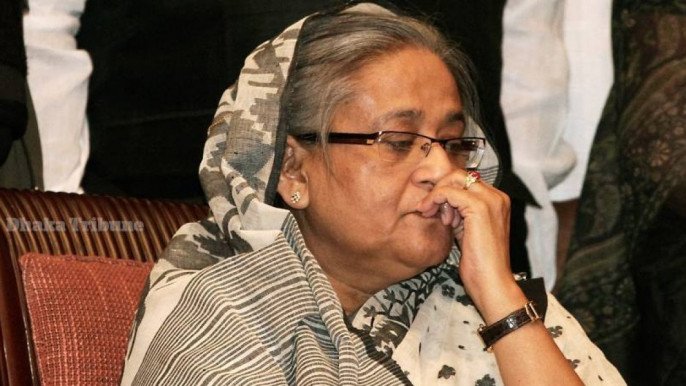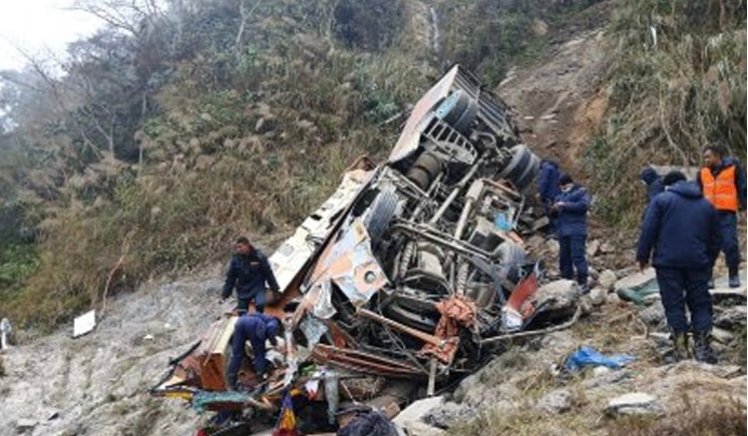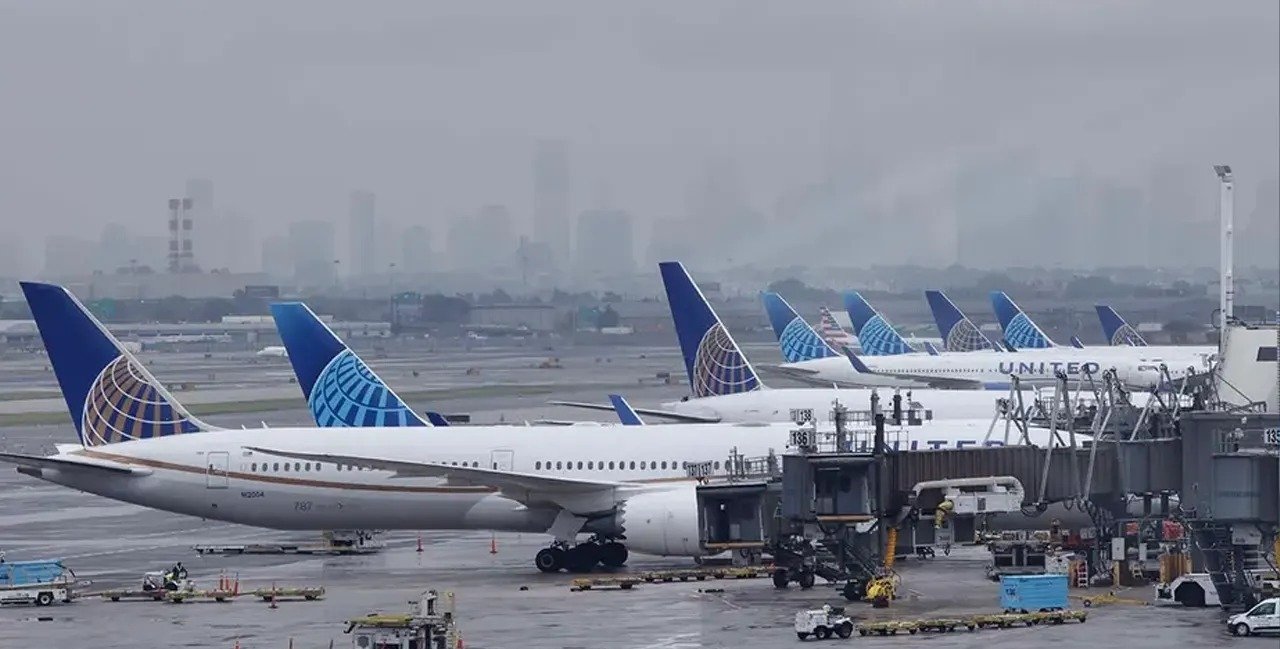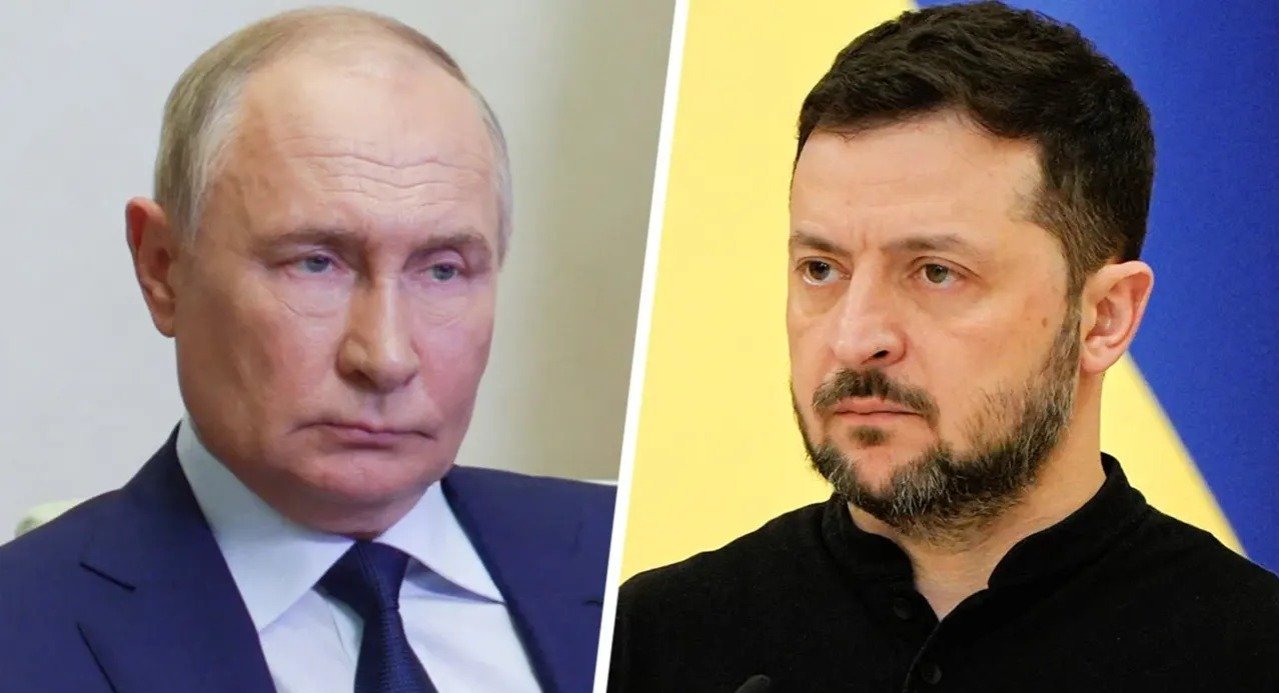The International Crimes Tribunal (ICT) has issued an arrest warrant against Sheikh Hasina, the President of the Awami League and former Prime Minister of Bangladesh, for her alleged involvement in genocide during the anti-discrimination student movement protests. This unprecedented move has sent shockwaves across the country and stirred significant political tension.
The warrant stems from accusations that Sheikh Hasina, during her tenure as Prime Minister, played a role in human rights violations and violent crackdowns that led to numerous deaths during the student protests. These protests, which were part of a larger anti-discrimination movement, primarily organized by students and activists, sought to address grievances against alleged government policies that discriminated against certain segments of society.
The ICT, which was established to investigate and prosecute war crimes, crimes against humanity, and genocide, announced the warrant following an extensive investigation. According to tribunal officials, the evidence presented against Hasina includes testimonies, reports of mass arrests, and accounts of the excessive use of force against protesters, which allegedly resulted in civilian casualties.
Background of the Protests
The anti-discrimination movement began as a peaceful protest led by students, academics, and activists, calling for greater equity in access to education, employment, and social services for marginalized groups. However, tensions escalated when law enforcement clashed with demonstrators, and violent confrontations ensued. Critics have long accused the former government under Hasina’s leadership of suppressing dissent with heavy-handed tactics, resulting in mass detentions, disappearances, and deaths.
While the government at the time defended its actions as necessary to maintain order and stability, human rights groups documented several instances where the use of force appeared disproportionate to the level of threat posed by the protesters.
Political Ramifications
Sheikh Hasina, a towering figure in Bangladeshi politics, served as Prime Minister for multiple terms and is widely credited with overseeing significant economic growth and development in the country. However, her tenure was also marked by controversies, particularly related to her government’s approach to dealing with dissent and opposition.
The arrest warrant could have far-reaching consequences, not only for Sheikh Hasina and her political party but also for Bangladesh’s political landscape. As the country approaches a critical election season, this development could further polarize the electorate and deepen political divisions.
Political analysts have expressed concern that the warrant may trigger widespread protests, especially among Hasina’s supporters, who remain a powerful force in Bangladesh’s political arena. The Awami League leadership has yet to issue an official statement regarding the warrant, but insiders suggest that they plan to challenge the tribunal’s decision in court.
International Response
The international community is closely monitoring the situation. Bangladesh, as a member of the United Nations and a signatory to various human rights conventions, has been under scrutiny for its handling of political protests and civil unrest. The issuance of an arrest warrant against a high-profile political figure like Sheikh Hasina may further strain Bangladesh’s international relations, particularly with nations advocating for human rights and democratic governance.
Meanwhile, human rights organizations have welcomed the move, viewing it as a step towards accountability for past actions. However, some political commentators have raised concerns about the timing of the arrest warrant, speculating that it could be politically motivated ahead of the elections.
Next Steps
It remains unclear when or if Sheikh Hasina will be taken into custody. The ICT has indicated that it expects full cooperation from law enforcement agencies in executing the warrant. However, given Hasina’s influence and her party’s stronghold on certain institutions, carrying out the warrant could prove challenging.
As the situation develops, all eyes are on Bangladesh to see how this legal and political drama unfolds. The coming days will be critical in determining whether the rule of law prevails, or if the country will plunge further into political turmoil.







Like our facebook page
Subscribe our YouTube channel